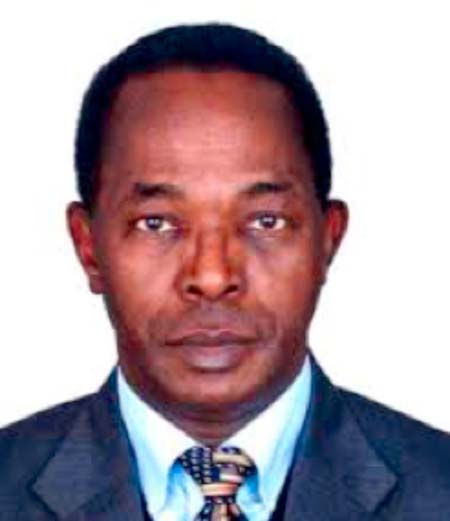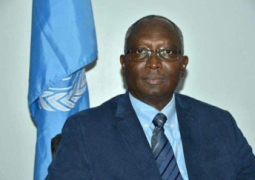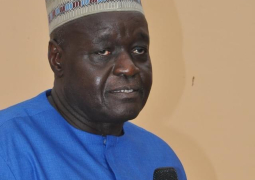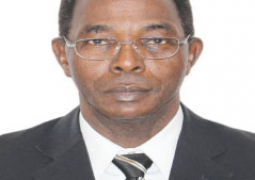
It is difficult in a democratic dispensation such as ours, where the country transitioned from a long dictatorship era.
When the law is applied on protestors without a police permit, it is seen as an infringement of democratic rights.
When the law is applied on assaulters, insulters and political extremists, it is seen as frivolous and witch hunting.
When the word SECULAR is mentioned in the constitution, it is seen as un-Islamic by certain leaders of Islam in the community.
When the law is applied on the demolition exercise, it is seen as a violation of the rights of the people to conduct business as a means of sustainable livelihood.
When the law is applied in the courts over certain cases, it is seen as anti establishment. When the law is not forthcoming on certain anomalies and impunity in the system, it is seen as bad governance. Today, there is a law that bans FGM and again, there is agitation to lift the ban. When the new tax law was applied on cement importers from Senegal, it was seen as unfair and it generated public outcry. The government subsequently lifted the law and allowed normal taxation to prevail as a temporary measure.
The uneven application of the law in many instances that will be too elaborate to mention here, presents challenges, in addition to the above highlights in the management of public expectations. When the law is applied on Demolition exercise, there is public outcry.
When the law is applied on land allocations, interest groups get up to lobby for rescindment of the order.
When the law is applied on Securiport fees, there is tourism outcry, When the State law gives the President the right to apply and be granted land, there is opposition outcry.
When the law permits protests and marches in the exercise of democracy, it is seen as disturbing the peace and security of the country. When the law is silent on the practice of FGM, it’s advocates want it repealed. When the law of accountability and transparency is advocated on the accounts of the OIC Summit, it is sort of given a deafening ear.
The respect for the rule of Law is essentially of fundamental importance in the order of society.
While many citizens believe that the rule of law must prevail in the order of governance, others believe that the democratic and human rights of peoples must be preserved. Yet, no one is above the law. The rule of law is therefore, key to a successful democracy and to the maintenance of peace and stability of the society.
The fundamental problem in The Gambia as I see it, is that the political framework set out in the transition was politically hijacked by a segment of the ruling party. Since then, democracy has been tailored to many occasions, some of which led to the fragility of the system of government. This situation made it difficult for the rule of law to prevail in many instances.
Hence the debates about the failed transition agreement, lack of a new constitution, no anti corruption commission to justify its creation in law, politicization of the service and the challenges of the opposition, political bitterness and acrimonious attacks between leaders, and so forth. Sometimes, one wonders if the rule of law actually works in our democracy.
The tragedy with the African political system is that adherence to the rule of law becomes difficult to process in a democratic dispensation and becomes difficult to access under a military and dictatorship rule. This atmosphere only breeds public anger and resentment against the system of governance. The rule of law and management of public expectations are inextricably linked in the order of society. It is a challenge governments have to deal with in a cautionary manner.





